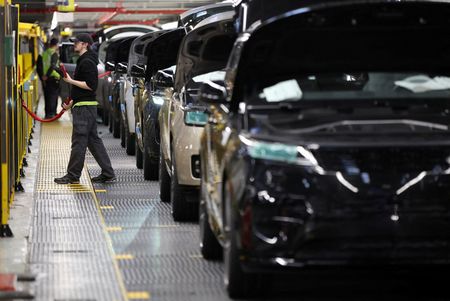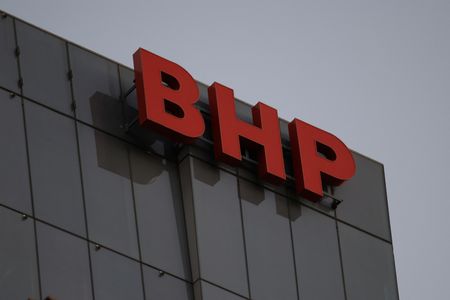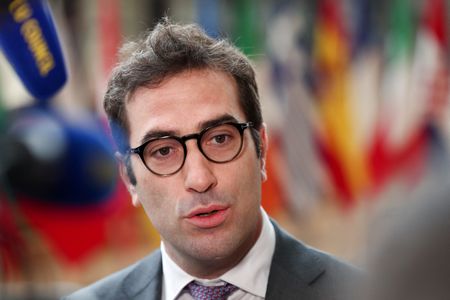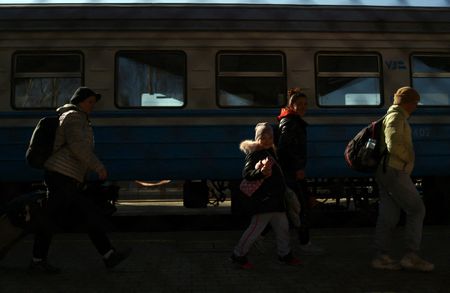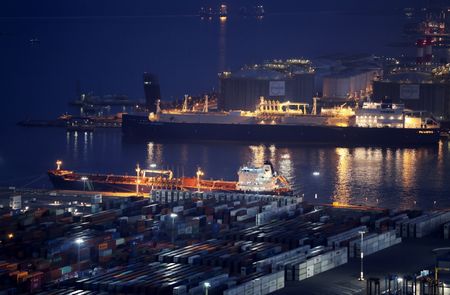By America Hernandez
PARIS -Italy’s largest banking group, Intesa Sanpaolo, and the Asian Development Bank (ADB) said they will not finance a $10 billion LNG project in Papua New Guinea, as environmental groups lobby against the project being developed by France’s TotalEnergies, Australia’s Santos and U.S.-based Exxon Mobil.
Energy majors are refocusing spending on more profitable oil and gas businesses and in many cases pulling back from renewable investments, but they are increasingly having to turn to Chinese and other Asian lenders and use more of their own money as green financing rules and pressure from climate advocacy groups spur Western financiers to shun fossil fuels.
In a letter dated January 15 published on Intesa’s website and not previously reported, the bank said, “Intesa Sanpaolo does not intend to participate in the financing of the Papua LNG project.”
Intesa did not respond to a request for further comment.
The letter was a reply to a group of environmental campaigners which wrote to financiers in December urging them not to participate in the project.
Intesa and Manila-based ADB have funded similar projects in the past, notably Exxon’s first Papuan LNG project which started up a decade ago, but since then ADB has stopped financing upstream ventures.
“ADB will not support any natural gas exploration or drilling activities and will be selective in its support for midstream and downstream natural gas,” Keiju Mitsuhashi, the bank’s energy director, told Reuters on Wednesday.
So far 13 banks and credit export agencies, some of which financed an earlier LNG project in Papua New Guinea, have stated they will not lend for the new project, including Societe Generale, BNP Paribas, UniCredit, Commonwealth Bank of Australia and National Australia Bank.
TotalEnergies, which holds a leading 37.55% operational stake in Papua LNG, declined to comment.
A final investment decision (FID) on the 5.4 million metric tons per year project which would double gas production in the impoverished South Pacific nation, has been repeatedly delayed. French bank Credit Agricole pulled out as financial adviser last year and has been replaced by Japan’s Mitsubishi UFJ Financial Group.
In October, Papua’s state-owned Kumul Petroleum, which has the option to purchase a project stake of up to 20.5%, told local press that costs had risen from an expected $10 billion to between $13 billion and $18 billion, with a FID expected in late 2025 or early 2026.
TotalEnergies CEO Patrick Pouyanne last week said partners were “working hard to get it back on track at acceptable capex.”
(Reporting by America Hernandez in Paris; Editing by Elaine Hardcastle and Susan Fenton)




